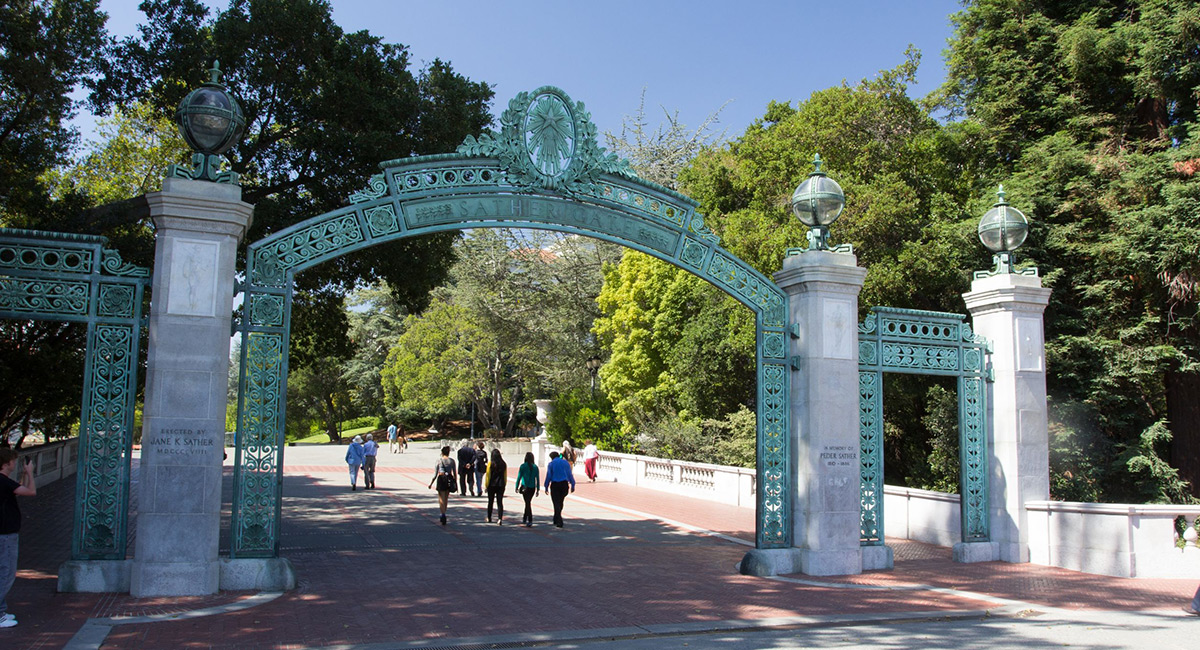What is the best public university in America? According to US News, it is not even close. In its latest rankings of national universities, six of the 50 best schools were campuses of the University of California (UC)—as many as for all other public American universities combined. Forbes ranks UC at Berkeley the 13th best school in America, tied with Ivy League heavy hitter Columbia, and above such prestigious private schools as the University of Chicago, Northwestern, and Johns Hopkins.
While undoubtedly some of UC’s prestige comes from its extraordinary research prowess, much of it emanates from the fact the school has implicitly said “we admit only the best, the brightest, and the hardest working of our state’s population.” In 1960, California, heavily influenced by UC President Clark Kerr, developed a Master Plan ordaining the very best students (generally the top one-eighth of their high school graduating class) would be admitted to UC, while good but less superior students (in the top one-third of high school graduates) would go to the California State University system; less capable students would go to community colleges with a possibility of transferring to the better universities upon demonstrating superior performance.
Over time, applications to UC soared. While there was some increase in capacity (the newest UC campus was created in 2005 at Merced), demand exceeded supply, and, like every other prestigious school, UC put increasing emphasis on SAT or ACT test results of students in determining admission. Even the least selective UC school, Merced, turns down well over one-fourth of those applying (UCLA, by contrast, rejects about five of every six applicants).
While some studies show high school performance is the best single predictor of college success, generally they also say that SAT/ACT scores are an important secondary predictor. Indeed, an admissions task force of faculty from all UC schools in January went farther, concluding, “At UC, test scores are currently better predictors of first year GPA (grades) than high school grade point average....” However, the faculty task force recommendation to keep testing was ignored. A school relying exclusively on high school grades might select the best students 60% of the time, but combining grades with test results would improve the accuracy of their selection dramatically, perhaps to 90%. Very few students drop out of highly selective schools using SAT-type testing, because the grade/testing combination usually finds the best and brightest successful students.
Ignoring the faculty, the UC Board of Regents unanimously decreed the phasing out of the use of the SAT and ACT tests over several years, under heavy pressure from various organizations. A 31-group coalition said “Eliminating the SAT and ACT will support talented Latinx, black, Asian American Native American Pacific Islander (AANAPI) and other historically underrepresented students.... Black, Latnix, Native American, and subgroups of Asians students are too often denied access....”
It appears to me that those calling for change, including thenUC Regents, believe there should be racially/ethnically-determined admissions quotas, independent of the ability of students to excel academically. More bluntly, too many Asian-Americans are currently being admitted, and too few blacks and those of Hispanic heritage. To the anti-testers, perceived equity concerns should trump traditional efforts to get the best and brightest students academically.
I think this is an exceedingly dangerous and slippery slope to negotiate, and UC is going further than other prominent schools. It values racial/ethnic concerns over academic ones and makes a mockery out of faculty control over academic standards. As to equity: is turning down an Asian-American immigrant with a high SAT score ranking 5th out of a class of 250 in order to accommodate, say, a lower-scoring native-born African-American student ranked 30th in her class of 250 at a much lower quality high school “equitable?”
Aside from the anti-academic excellence, anti-faculty, and racist aspect of the decision: it is another attempt to get around Proposition 209, approved by the California voters, making it unconstitutional to discriminate for or against persons based on racial or gender characteristics. While promoting economic and social mobility for lower income persons is a venerated American value, doing so in this fashion appears morally suspect and justifiably may hurt the reputation of the University of California.













